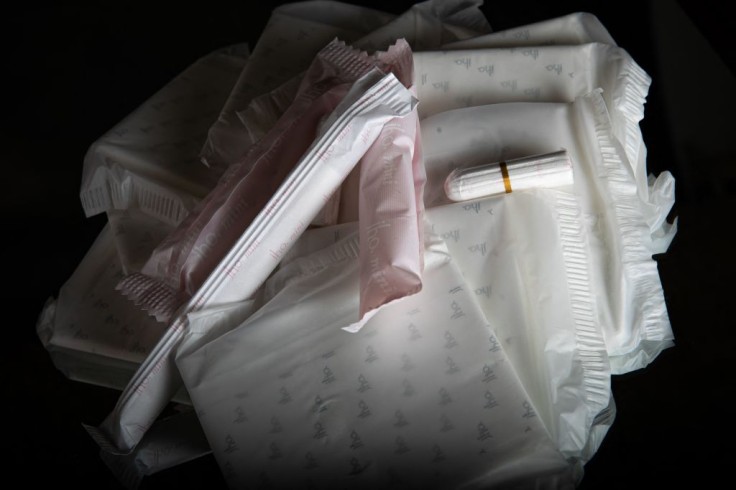
In a milestone decision, Texas has become the 24th state to abolish the tampon tax, signaling a triumph in the ongoing fight against period poverty.
Effective as of this Friday, Texas residents can now purchase menstrual products without the added financial burden of a sales tax.
Spearheaded by Texas Republican Gov. Greg Abbott, this groundbreaking legislation also extends tax relief to other essential family items, including baby bottles and breastfeeding devices.
Texas Joins the Ranks: No More Tampon Tax
By eradicating the tampon tax, Texas aligns itself with 23 other states and the District of Columbia, setting a new standard in menstrual equity.
Beyond menstrual products, the legislation-officially known as S.B. 379-also aims to lighten the financial load on families by eliminating sales taxes on critical family items like maternal clothes, breast milk pump products, diapers, and baby bottles.
Holly McDaniel, the executive director of the Austin Diaper Bank, expressed her support, remarking.
McDaniel added that this law brings significant financial relief to Texas families struggling with the high cost of essentials each month. She added that they are looking at a healthier Texas thanks to this legislation.
A Major Step to Combat Period Poverty
Eliminating the tampon tax is a monumental move that has been widely recognized as a significant step to alleviate period poverty.
The Alliance for Period Supplies, an organization sponsored by U by Kotex, has been at the forefront of this struggle, stating that menstrual products should be considered basic necessities rather than luxuries.
Period poverty has been an increasingly visible issue in the United States, with studies revealing its widespread impact.
According to a 2019 report published in the medical journal Obstetrics & Gynecology, approximately two-thirds of low-income women in St. Louis could not afford menstrual products over the last year.
In such circumstances, women often resort to makeshift solutions, like using rags or toilet paper, which pose significant health risks.
Texas State Sen. Joan Huffman, who was pivotal in pushing the new Texas law through, stressed the urgency of the situation: "Menstrual products are not optional. They are indispensable for women's health, and therefore should not be subjected to sales tax."
Striking Contrast: Texas' Controversial Policies on Women's Health
Interestingly, the eradication of the tampon tax in Texas comes against the backdrop of the state's stringent abortion laws, which include a prohibition on abortions after six weeks of pregnancy, except in vague medical emergencies.
These laws pose a striking contrast to the tax relief now provided on menstrual products. While the removal of the tampon tax has been hailed as a pivotal step toward equity and health, it raises questions about the broader landscape of women's health rights in Texas.
The existing abortion laws place severe legal and financial penalties on those found guilty of performing or attempting abortions, marking a dichotomy in the state's approach to women's health issues.
The end of the tampon tax in Texas is undoubtedly a landmark decision, one that advocates hope will spur other states to follow suit.
It offers a financial reprieve for those grappling with the cost of menstrual products and represents a significant advancement in battling period poverty.
Yet, the move also casts a spotlight on Texas' contrasting stances on women's health, adding a complex layer to an otherwise celebrated milestone.